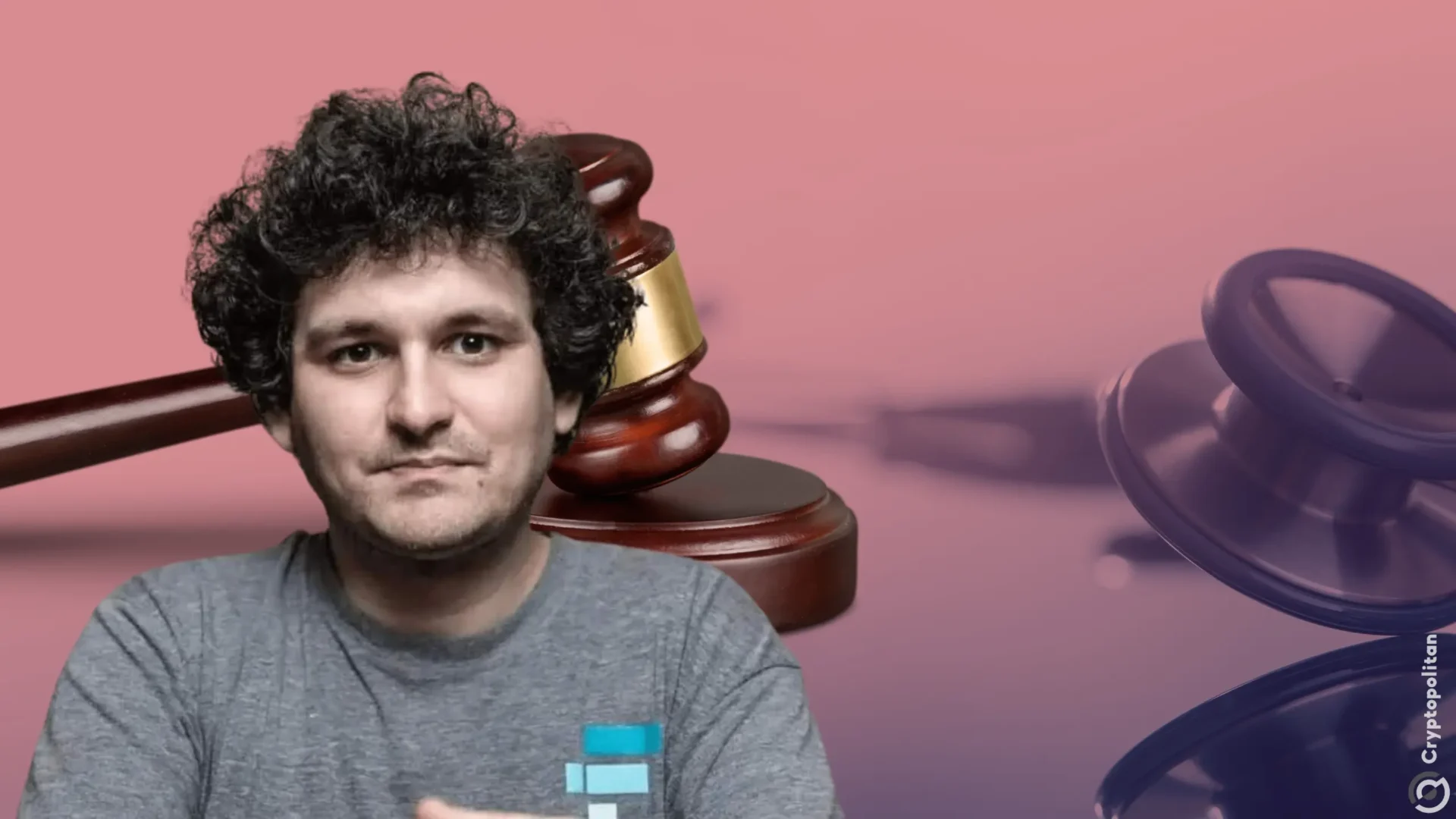Sam “SBF” Bankman-Fried’s neurodivergence is to blame for how he handled himself in court. According to a group of doctors, his autism spectrum disorder (ASD) and attention-deficit/hyperactivity disorder (ADHD) made him give long, detailed answers that ended up frustrating the judge.
They shared these concerns in a legal document supporting SBF’s appeal on September 20th, and they said that the court’s decisions were unfair to SBF. One big issue was that the Manhattan district court let government prosecutors cross-examine him without the jury present.
Doctors berate the court’s handling of SBF
The judge repeatedly criticized SBF for his lengthy responses and attempts to clarify questions. The doctors say that this is typical behavior for people with ASD, who tend to interpret language literally.
The constant corrections from the judge made SBF change his behavior before the jury. Instead of giving detailed answers, he started responding with brief, clipped replies like “Yup.”
The doctors believe that these responses made him look arrogant or indifferent. They believe that this change was a form of “over-correction” that made him appear uncooperative. This perception might have affected the jury’s view of him.
In March, SBF was sentenced to 25 years in prison for defrauding FTX customers out of $11 billion. Judge Lewis Kaplan accused him of being “evasive” and splitting hairs during his testimony.
Another problem the doctors had was SBF’s lack of access to important documents and proper medication during the trial. The doctors pointed out that apparently, people with ASD need concrete information in order to give precise answers.
SBF didn’t have access to a lot of FTX documents that could have helped him explain his actions. The convicted felon was also not given his usual dosage of ADHD medication in the first three weeks of the trial.
This affected his ability to focus, especially during the early stages when the government was presenting evidence.





